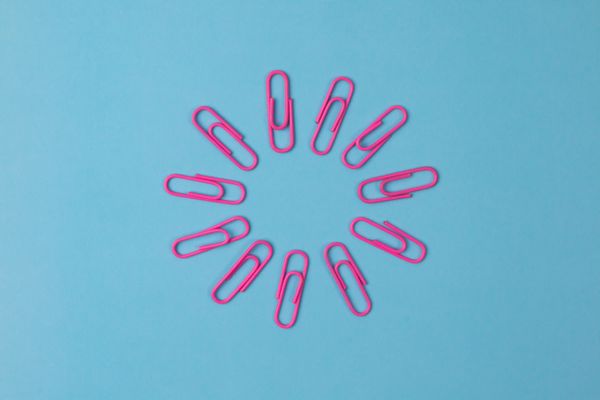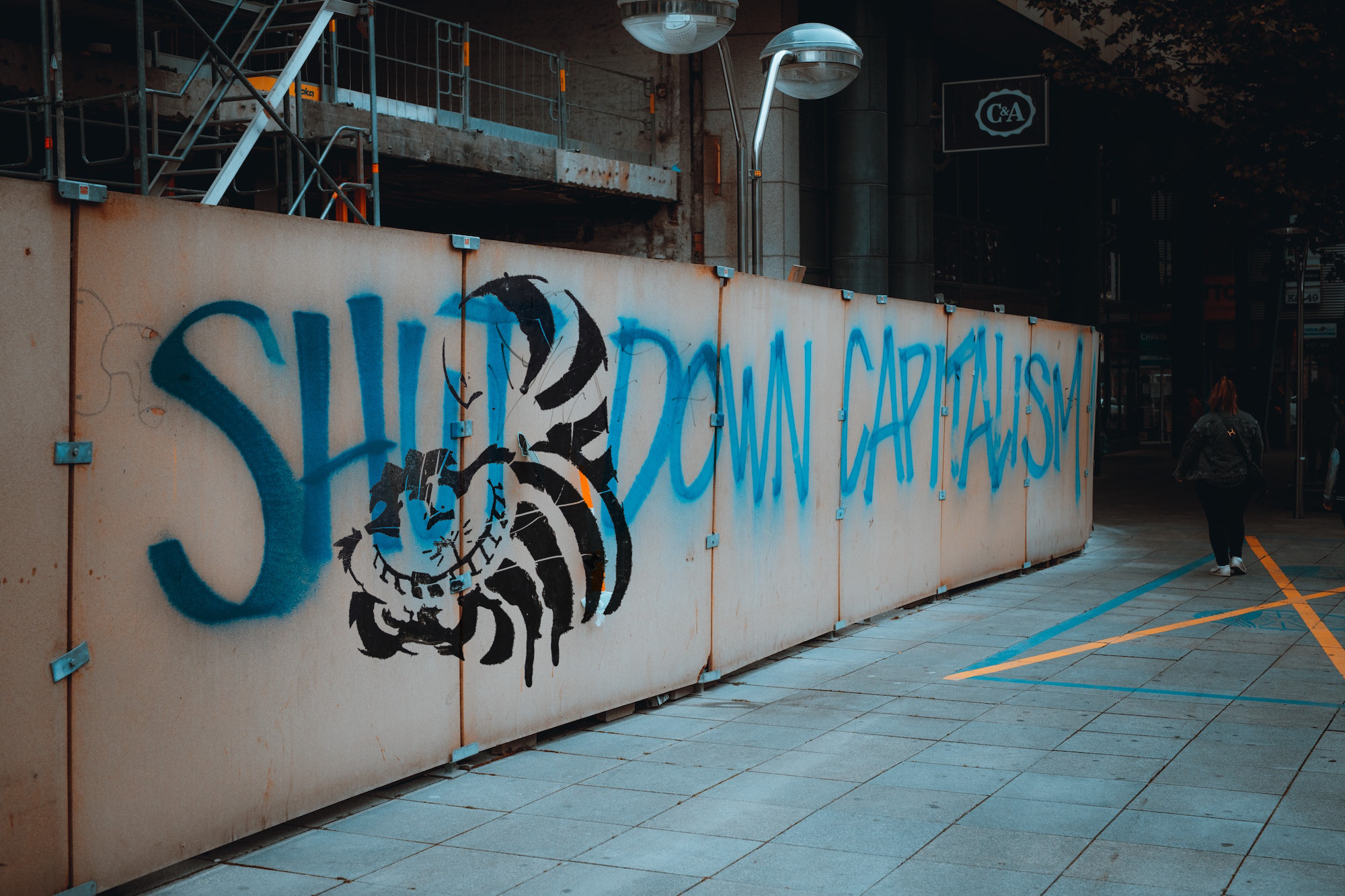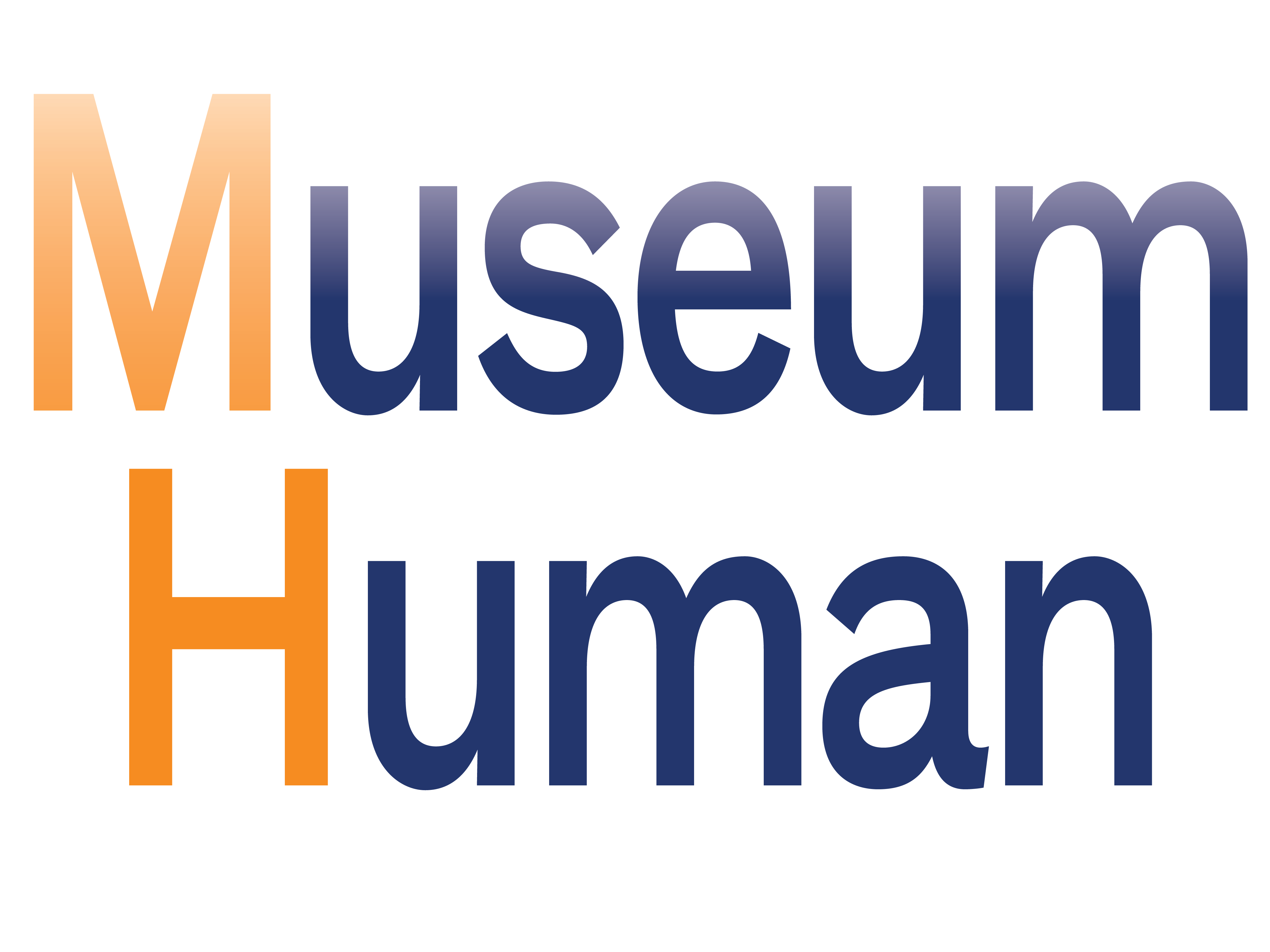
Curiosity is one of the most important traits to encourage—and it may be the key to anticapitalism in our museum org culture.
As I am obsessed with astronomy and physics (if you are too, or even if not, you must absolutely follow Chanda Prescod-Weinstein, who also has a new book out), I have to start with the newly published theory that pieces of Theia, the hypothesized planet which slammed into the infant Earth, thus creating the Moon (here and here), are deep inside our planet and may be affecting the Earth's magnetic field. (Why is there not already a film about this, with a character who works in a science museum, and who needs to bring along a museum-publishing typesetter and workflow expert on the mission to find said artifacts?)
At least I understand some astronomy and physics. I also (try to) read a lot about mathematics, usually on the Cantor's Paradise publication on Medium, but can't go more than a few paragraphs in before no longer following a word (or symbol or Greek letter) of it. I don't care, it's beautiful and I read it anyway.
If you're reading this and not a subscriber to Museum Human, consider scrolling to the bottom and signing up now—it's free and is the only way to read the site's longer weekly post on the organizational culture of cultural organizations.
Before we get to curiosity, here's a link realted to my recent post on burnout and mental health. Why is every museum organization not updating job descriptions in light of how many departments and roles were shredded by layoffs? While we know that a lot of work can be done at home or hybridly, jobs are now framed differently from before the pandemic. The article may be about managers, but the points affect people in any org who do a lot of different jobs, both creating and managing processes and people, because of this, emphasis mine:
… one factor was consistently cited as a risk factor for [stress, anxiety, and depression, as major contributors to mental health crises]: the amount of “illegitimate tasks” managers reported having to take on as a result of the pandemic. These were tasks that weren’t necessarily reflected in the job description of the managers, but were either considered by the managers to be unreasonable, that is, below or above their experience level, or unnecessary.
For non-managers, this is the curse of "other tasks as necessary," though it's part of the larger problem of workplace imbalances of power and accountability.
Here's another link about fatigue that I think I included last week, but I'd like you to read it again from a museum-worker perspective. With institutions gearing up for "more normal" working hours, will disabled and other marginalized workers go back to being workplace afterthoughts, now that the abled majority have officially declared Zoom exhausting? Just something to think about, readers …
Now, on to curiosity and capitalism …

I recently subscribed to the Truthout newsletter and found this podcast transcript on why work isn't fulfilling … could it be the capitalist extraction of value? (It's an important counter to the articles on finding purpose in your work—or, as a leader, helping your workers find purpose, lest they leave.)
Beyond capitalism's well-known gendering of free household labor, there's a racial aspect to capitalism, described in this Harvard Business Review article on how oppressed communities practiced a more humane form for their own opportunity and safety. (Working classes often get left to scrounge for their own capitalist scraps while the rich get state socialism.)
Capitalism is also a driver of environmental degradation. The growing staff-led linkages of museums and the climate catastrophe, described here in this article from Medium, will inevitably have an anticapitalist tinge, as they should.
On the curiosity front, read this newsletter from org culture guru Stowe Boyd. He mentions a piece which posits a type of organizational obsessive certainty disorder (while I think many org culture writers, including me, have made casual mental illness analogies too easily, the point is important; it reminds me of my posts that museums are obsessed with never being wrong and the smarts of their workers). Also check out Boyd's most read post on work skills for the "postnormal"). That piece he mentioned above linked to this 2018 Harvard Business Review article on "the five dimensions of curiosity."
Why am I putting together capitalism and curiosity? A couple of reasons. First, capitalism, as practiced in organizations like museums, is about certainty and order (no, it's not the "wild west"), and curiosity is a repudiation of workers only doing what they're told by superiors who have agency and autonomy.
And, yet, an organization which provides these opportunities for worker agency and autonomy (made possible by providing TMPR: time, money, people, and resources) will innovate and succeed better; for museums, this means they will connect staff and collections and audiences better, in a more humane way. (Are you reading Mike Murawski's Museums as Agents of Change yet?) This might be a little chaotic at first, but what hasn't been chaotic in the past year? At the very least, organizations need to offer intentional, planned learning which builds from and feeds into worker curiosity. While museum workers are stressed out by a lack of certainty, secrecy and siloing contributes more to uncertainty-driven stress than a simple lack of answers.
I hope you enjoy these links! See you next week, when I continue with the four part series on TMPR.
If you're reading this and not a subscriber to Museum Human, consider signing up for a free subscription below—it's the only way to read the site's longer weekly post on the organizational culture of cultural organizations. Thank you for reading!

Links of the Week: April 29, 2021: Curiosity and Capitalism by Robert J Weisberg is licensed under a Creative Commons Attribution-NonCommercial-ShareAlike 4.0 International License.






